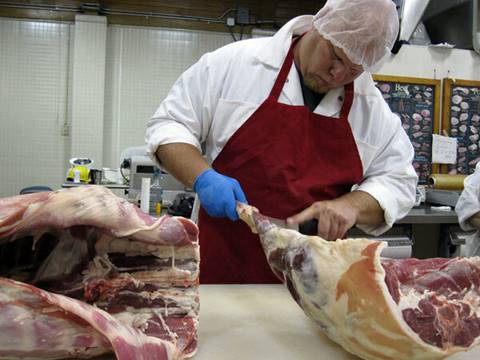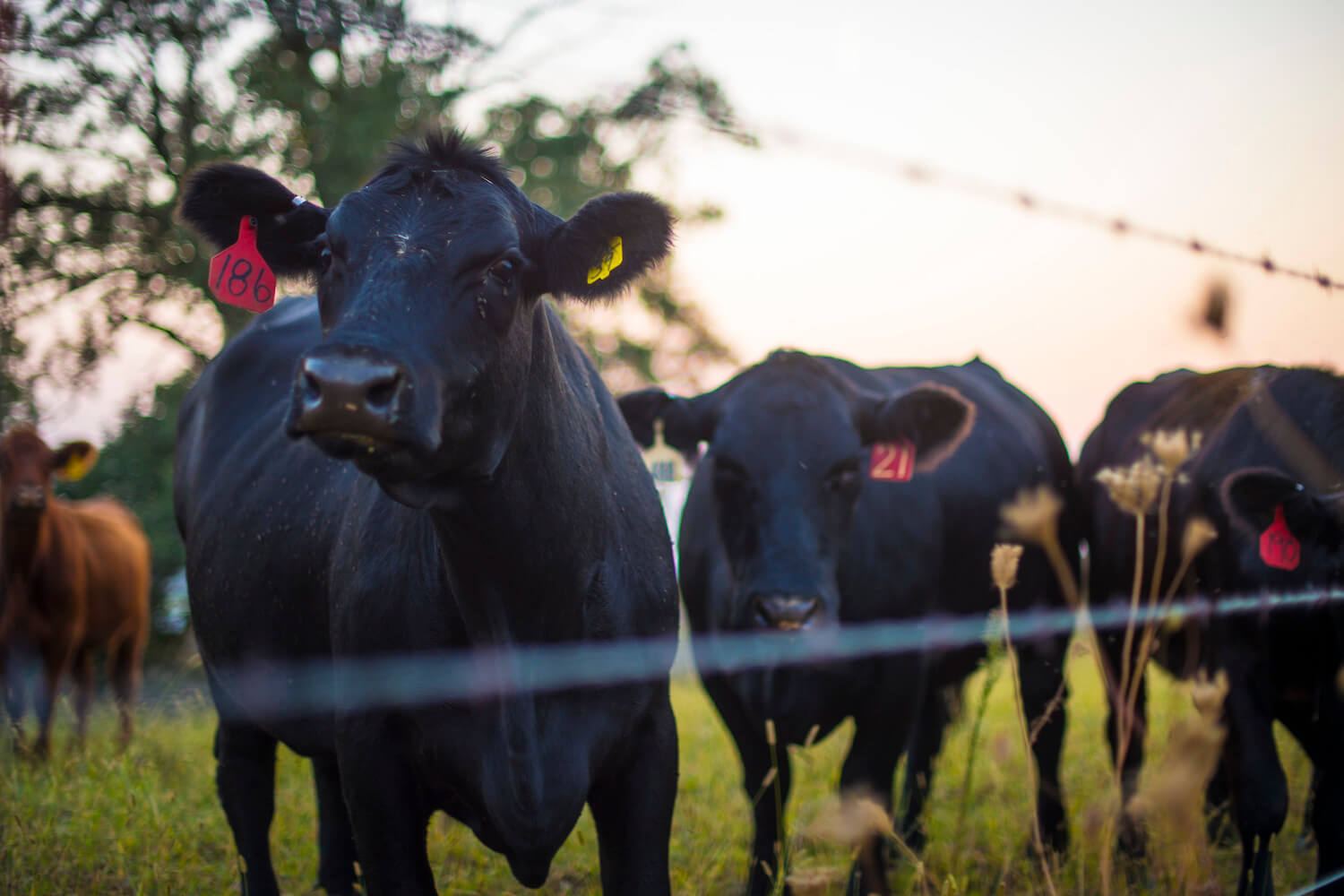HDRider
Well-known member
Maybe you got this e-mail from




Maybe you got this e-mail from

It would take a lot of land, or some new way of feeding to vertically integrate beef like chickens or pork.My prediction is that the meatpackers will eventually use some of those big profits they're making to buy out some of the cow/calf ranchers as they go out of business. Then they will control the entire supply chain from start to finish just like they do for poultry and pork. Or they will get you to be a "contract producer" where you can supply cattle to them but they control everything from the breeding decisions, health protocols and feeding. The key being they are in control and you're just an employee at that point.
I think you're right about contract production as their future model.Or they will get you to be a "contract producer" where you can supply cattle to them but they control everything.... The key being they are in control and you're just an employee at that point.
Why would they do that when they have us raising beef at or below our costs?I think you're right about contract production as their future model.
Too much risk owning the cow/calf side. Contracting will reduce their risk and liability of government regulations, while allowing them to achieve their goals. Controlling both the market and the end product.


That is another lever, and an unfettered one, that can be used against uppity American beef producers.I'm sure cheap imports don't help the uphill battle we face either.
Why contract with cow/calf producers?Why would they do that when they have us raising beef at or below our costs?
Why contract with cow/calf producers?
To control product flow, uniformity and quality at minimum expense.
You think American beef has a quality problem?Why contract with cow/calf producers?
To control product flow and quality at minimum expense.
Yes sir. Do you think there is no room for improvement?You think American beef has a quality problem?